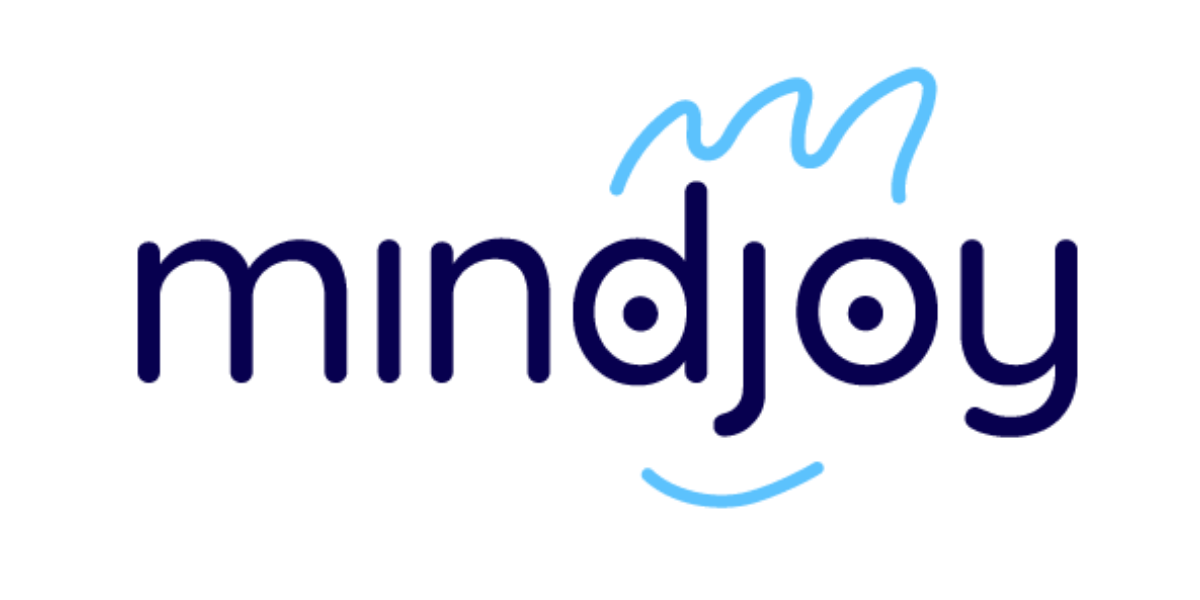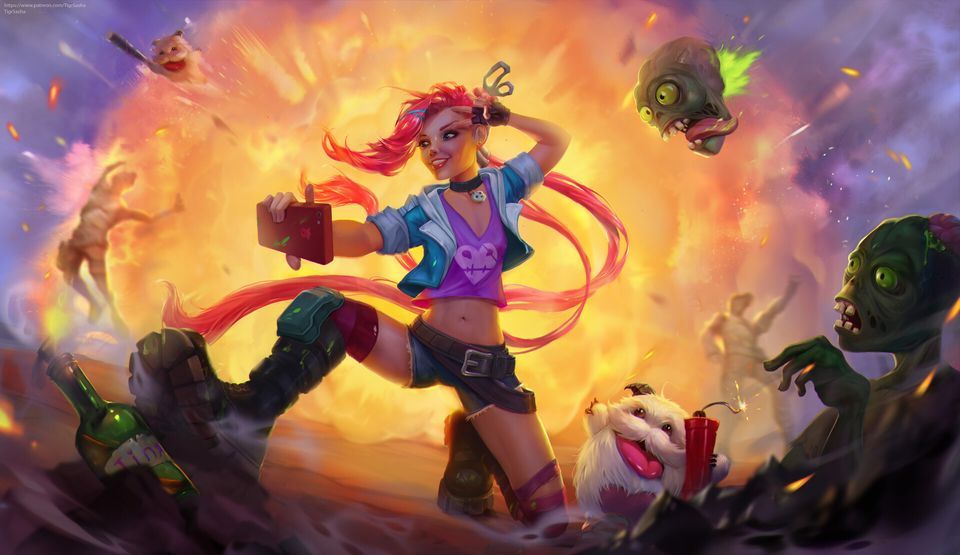Many parents are asking "What is coding?" and "Why should my kid learn to code?" We could talk about the digital skills gap or the future of work. We could convince you that computational thinking will help your kids get ahead and get a great job... But that's, well...Boring!
Tons of these articles exist but none of them capture the magic of building a world through code. They also don't talk to the next generation of makers and creators.
So embrace your inner-kid, and let's walk with with 14-year-old Flo through a “normal” day in a Zombie Apocalypse…
It's getting late driving down the highway. Flo’s in the back seat of her mom's Cyber Truck. As is the norm these days, a half hour passes where no other cars appear on the road. With a loud bing, Google Maps announces, "Alert! Zombies detected on highway 5, accept alternative route?"
Her mom taps accept, and quickly turns left, taking the detour. "Sorry kiddo," she says, "we'll be home soon."
Flo’s seen more than her fair share in her 14 years. The Great Infection and Zombie Wars changed everything. When The Infection began, people were warned to isolate themselves and stay indoors. But Flo was never content to just sit and watch the world go by. When they learnt about the COVID pandemic in History class, Flo and her friends knew this time had to be different. Together, they hacked some epic glasses together that help them see thermal maps. This means she could spot infections from a mile away - and that she could keep her social life and independence. She liked it that way.
Beep. Beep.
Flo’s IoT device alerts her of her vitals. Everyone wears IoT devices with Meta-presence these days. They’re embedded in all clothes, tracking data on things like heart rate and blood pressure. When the device detects distress it can recruit reinforcements. It’s also always keeping an eye on early symptoms of infection - if you’re unlucky enough to come too close to a zombie, of course. An automated voice also reminds Flo to take deep breaths (they have wellbeing functions embedded, personalized to keep the wearer calm).
“All your vitals healthy?” her mom asks, worried, as usual.
“Yeah yeah,” Flo shrugs off her mom's concern, she’s become used to Zombies, detours, and infection data. Only adults worry about that stuff any more.
She unlocks her phone and opens SlayChat. A social network for the non-infected.
Her friends like to make short films there. It helps to take their mind off things. Dance challenges, comedy sketches and lip-syncing - everyone still needs a laugh right? Zombie filters have been banned though. There’s a meme going around about sKill3r's latest slay session. She's a self-taught hacker and zombie slayer, shrouded in mystery - with a huge fan-base on Z-Tube and SlayChat. Flo aspires to be as great a hacker as she is.
Flo clicks on the link and watches the full video. In it, sKill3r’s in the middle of setting up a security system when she hears a noise. Her Soldier Spy Drone scouts the area and flies ahead while she continues installing the ZigBee towers to re-establish connection (a Zombie stampede tore it down). “Watch out! Behind you!” her virtual assistant swiftly warns her via headset. She swivels quickly, ducking and swinging her laser sword - slash! Right through the zombie’s chest. He topples over and she sprays him with sterilizer (teaming up with coders, scientists have come up with some really awesome inventions). “Wipe your face! You got splatter on you!” her virtual assistant warns. She grabs a rag from her backpack and wipes her face and smart glasses as she flees the scene. “That was close!” she says into the camera, and winks.
Flo scrolls through the video's comments. Z-tube's algorithm seems to favour the positive comments, and filters out the trolls. Nasty comments rank at the bottom. It’s pretty cool - being kind is rewarded these days! “That’s a Cyber-Generation thing,” her mom said once, "the internet used to be a dark and lonely place."
"Almost there," her mum says, a little more relaxed.
Flo’s new home is about 10 kilometers from Safeville's main gates.
They pass through the Nutrition Sector, where open warehouses of vertical food farms stretch for miles. Flo peers out the window and smiles. Agribots are harvesting spinach and tomato crops for this season. That means a whole season of Flo’s favorite spaghetti dish! The artificial sunlight helps food production continue no matter the weather, and the aquaponics setup helps recycle Safeville’s precious water, along with providing the citizens a protein source.
The sun is setting and Flo starts filming out the window, narrating, “It’s amazing how resourceful humans can be, right? They literally hacked a happy, thriving, zombie-free life. It’s one thing to build this in the metaverse, but they did it in the real world!” Flo uploads the clip. She wants to share hope. Something a little lighter than just being Zombie obsessed all the time! There are lots of upsides to Safeville - why not focus on those?
There are many of these safe cities scattered around the globe.
People have adapted in the most fascinating ways. Each city looks and functions differently. But every cluster uses low-power radio technology like LoraWan and the Helium Network. Survivors need secure, wireless, low-bandwidth, long-range communication methods to stay connected. Their flexible use-case has been optimized for smart agriculture, homes, supply chains, buildings and industrial IoT. Flo totally nerds out on this stuff - HackerNews and Reddit are her favorite places to get the latest.
Arriving home, Flo needs to take a break and get her mind off all things Zombie-related. She grabs her smart glasses and her ebike and heads down to the park to meet up with friends. Her friend Storm has a new hoverboard with multi-coloured LED’s - it looks like a disco but ensures a fast ride through the streets. Chase hover-blades towards the duo, yelling “I’m so glad you made it, I was worried the splatter got you!”
“Me? Never!” Flo laughs.
The trio ride around the neighbourhood and down REPL Street - by far the coolest street in town. There are rows of garage doors which project holographic images onto the pavement, giving you a glimpse into the maker's POV. Some of these garages were the starting places (the original maker-spaces) of legendary hackers who helped build the city. At the end of the street is a large bronze steampunk statue dedicated to the heroes of the time - coders. It’s called the Fizz Buzz!
Flo’s smart watch chimes - “dinner time!” and she says goodbye to her friends, making her way back up the hill to her apartment block.
“I’m home!” Flo yells in the direction of the kitchen. Although the Nanny Drone would have already alerted her mum - even within the walls of Safeville, it’s better to be safe than sorry.
She runs to her room to wash up and stops to look at the poster on her bedroom wall. It's a cyber-wave style poster of rockstar coder CINthia, who’s smashing keys in front of 3 large computer monitors, with Punk, her social robot, sitting next to her. Flo always says a word of thanks to the coders who made this life possible. Because of them humans haven’t just survived the Zombie Apocalypse, but adapted and thrived!
Flo thinks about her favourite comic blogs and has a sudden realization. Superheroes are real. They’ve traded wearing capes and shooting webs for coding!
The moral of the story?
Software is eating the world and most of us don’t know it or understand it. Hackers and coders seem to have the "ability" to look into the crystal ball. Luckily COVID has given the rest of us some kind of glimpse into what the future might hold, and it's opened our imaginations beyond the realm of what we thought to be possible.
Coding is an exciting and empowering way to engage with our tech-driven world. It offers us new avenues to express ourselves and solve real-world problems. We may not have to use it to fight a Zombie Apocalypse just yet, but coders are already doing incredible things to make the world a better and brighter place. That's why your kids should be coding.
Thank you to the awesome Developers & Techies who contributed to this article:
Clara van Staden from Snowfork
Herman Maritz from Eskom Se Push
Philip Joubert from OfferZen
Louw Hopley from Root
Rebecca Lain from Root
Dan Davey from Recombinator
Page Lotze from Mindjoy


